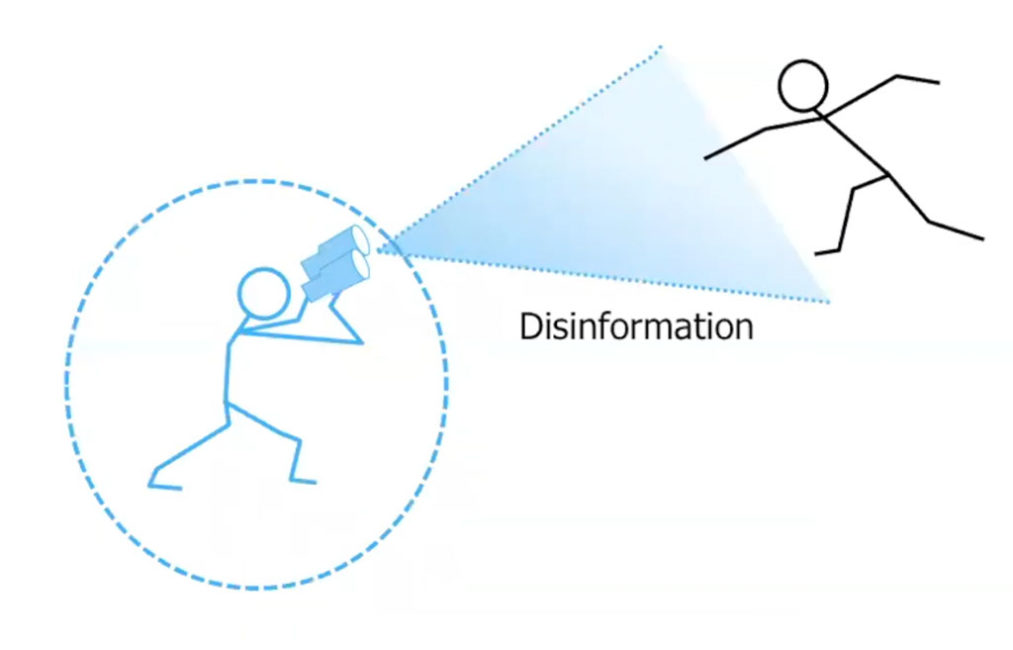Quantitative Predecessors to Human Actions
Carla Pugh is Professor of Surgery at Stanford University School of Medicine. She is also the Director of the Technology Enabled Clinical Improvement (T.E.C.I.) Center. Her clinical area of expertise is Acute Care Surgery. She is the first surgeon in the United States to obtain a PhD in Education. Her goal is to use technology […]
Engineering for Tactile/Haptic Thresholds
Allison Okamura is currently Professor in the mechanical engineering department at Stanford University, with a courtesy appointment in computer science. She was previously Professor and Vice-Chair of mechanical engineering at Johns Hopkins University. She is currently the Editor-in-Chief of the journal IEEE Robotics and Automation Letters. She has been an associate editor of the IEEE […]
Diagnosing Acoustic Latency: Human Perception of Milliseconds
Chris Chafe is a composer, improviser, and cellist, developing much of his music alongside computer-based research. He is Director of Stanford University’s Center for Computer Research in Music and Acoustics (CCRMA). In 2019, he was International Visiting Research Scholar with the Peter Wall Institute for Advanced Studies at The University of British Columbia, Visiting Professor […]
AI for Affect, Personalization and Reciprocity: Modeling the Self and the Other
Nick Haber is an Assistant Professor at the Stanford Graduate School of Education, and by courtesy, Computer Science. After receiving his PhD in mathematics on Partial Differential Equation theory, he worked on Sension, a company that applied computer vision to online education. He then co-founded the Autism Glass Project at Stanford, a research effort that […]

Immersion for Discovery
What contributes to the human experience of discovery in immersive environments?

Immersion for Collaboration
What are the human requirements for collaboration and teamwork in immersive environments?

A Wicked Problem About Thinking: Cognitive Security
Cognitive Security is concerned with protection against malicious online and offline influence at scales ranging from individuals to nation states, and is foundational to national security inclusive of the public and private sectors. Brian Pierce addresses this critical issue.
A Wicked Problem About Thinking: Cognitive Security
May 5, 2020
Cognitive Security is concerned with protection against malicious online and offline influence at scales ranging from individuals to nation states, and is foundational to national security inclusive of the public and private sectors. From the mediaX webinar series “Thinking Tools for Wicked Problems”, Brian Pierce will address this critical issue.

3 Algorithmists Meet Robin Hood
Bruce Cahan, a lecturer in Stanford’s School of Engineering and mediaX Distinguished Visiting Scholar Alum explains the roles of amplifiers, receivers and the true importance of tuners when dealing with Artificial Intelligence and Machine Learning.